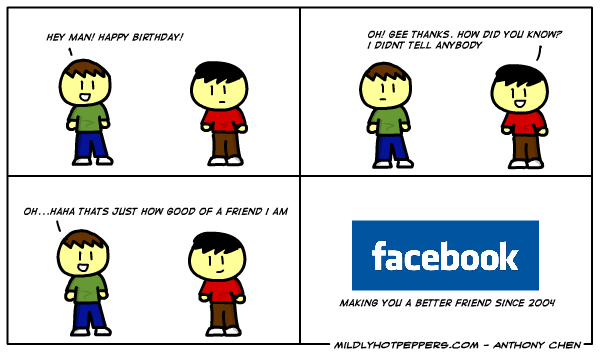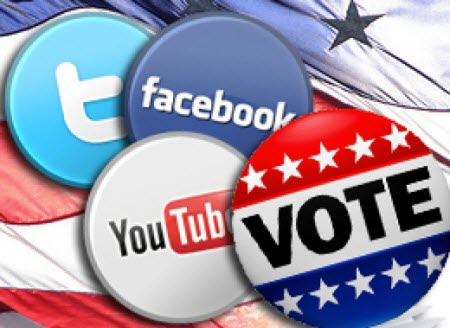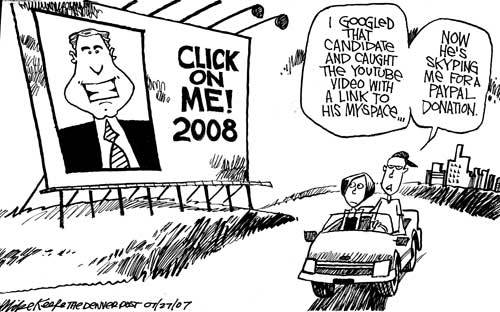

Saturday, 11 April 2015
Politics & Internet

Cell Phones, Social Media and Campaigns in US (2014)
Credits: Aaron Smith
Social Media platforms like Facebook and Twitter are playing a prominent role in how voters get political information and follow election news closely.
The number of Americans who use their cell phones to track political news or campaign coverage has doubled since the last elections. The number of Americans who follow candidates or other political figure on social media has also risen sharply.
People prefer following political figures on social media because they believe that you get authentic political information that has not passed through the traditional media 'filter'.
Digital politics also contribute to more people engaging in the various campaign (Democrats vs Republicans).
(what is digital politics? using digital technology including the Internet as a means to conduct politics/campaigns)
With more political figures on social media, more people follow their chosen political figure, more will participate in the traditional campaigns activities. Traditional activities such as volunteering, donating money, encouraging others to get out and support their preferred candidates and causes.
With more smartphone ownership, voters of all ages are more likely to use their cell phones for political and election news as compared to the previous election in 2010.
As political behavior on social media has become more prevalent, the reasons voters gave for following political figures have shifted in comparison to the previous election.
The reasons are:
1) Finding out about political news before other people do is considered a major reason.
2) Feel more personally connected to political candidates or groups is considered a major reason.
3) Getting more reliable information than what is available from traditional news organizations is a major reason.
More information on Digital Politics:

Will the Internet Remake Politics?
Credits: Boban Markovic
With the change of social interactions and means of communication, shift in politics were definitely bound to happen. Political campaigns, social movements and web revolutions are indicators that the Internet is already changing politics in terms of political communication, participation and mobilization.
The Internet's impact on politics can be seen through the parts of political campaigns and rallies for various social issues. Media has always been used by politicians to educate, inform, persuade and manipulate public opinion. For example, John F. Kennedy took advantage of Television in 1960 and won the elections. Barack Obama used the Internet to win the Presidential elections in 2008 by utilizing Youtube, Facebook and Twitter.

It interesting to note that the Internet has brought more transparency to politics. Any information disclosed online, it is nearly impossible to hide it or prevent it from being shared. As as a result, politicians are very careful in utilizing the Internet as a tool of communications. Media strategists have also begun to measure effectiveness of political campaigns by the number of likes and tweets.
Campaigning is also transferred from streets and rallies to social networks.
The Internet's rise has helped social movements to become more suitable for a globalized world. It is now easier to expand, organize and get public attention when sending messages. Also, now with improved communication, barriers are lowered for the entrance of new movements and increased mobilization of people. Any issues raised online, users learn about them almost instantaneously. Many issues have also triggered a number of petitions, rallies and marches in the world. This proves that the form of political participation has changed and indeed how powerful it has become.

The Internet's impact on politics in the 21st century seems to be unquestionable. Political campaigns, social movements and web revolutions indicate that the Internet not only strengthened popular reaction and mobilization, but also degraded state sovereignty.